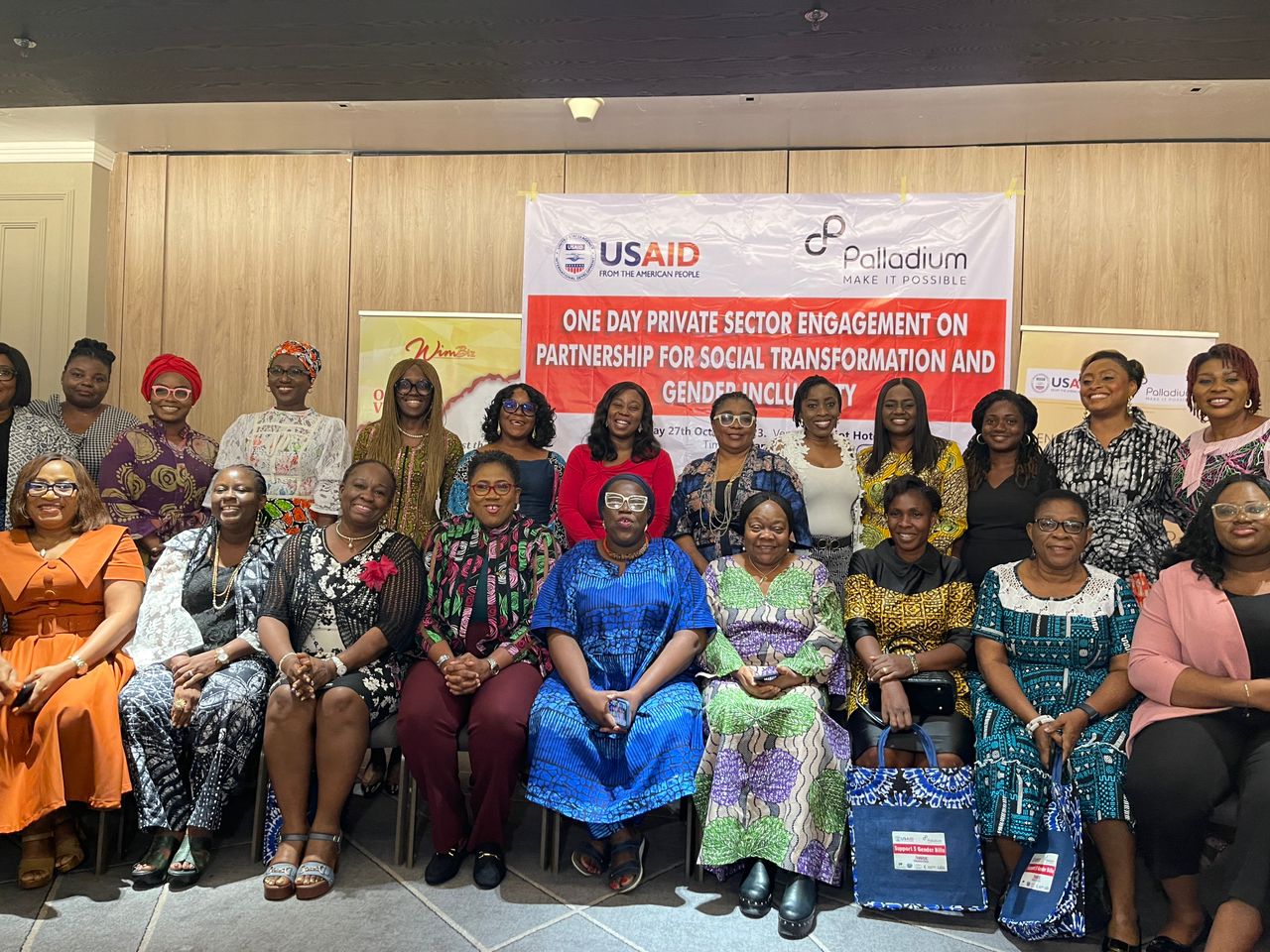
Some women groups have lent their voices to the five gender bills thrown out in March 2022 by the 9th National Assembly, urging the current parliament to ensure the passage of the bills.
At a recent consultative meeting organised by the Women Advocates Research and Documentation Centre (WARDC) in partnership with Women in Management, Business and Public Service (WIMBIZ) and Women in Successful Careers (WISCAR), with support from the USAID and Palladium, themed ‘Private Sector Engagement on Partnership for Social Transformation and Gender Inclusivity’ held in Lagos, the groups harped on the need for constitutional reforms that would engender inclusiveness in the Nigerian society.
[ad]
The Executive Director of WARDC, Abiola Akiyode-Afolabi, said the meeting was part of its ‘Promoting Women’s Rights Through Constitution Reform Project’, aimed at regrouping and restrategising to ensure the constitution of the country reflects the aspirations of its women.
“As part of last year’s constitutional reforms in the country, among the issues raised, was a need to have a more responsive constitution that would address a myriad of issues affecting women. We have realised that most countries where we have seen increase in women’s development, the constitution laid the rules,” she said.
Executive Director of WIMBIZ, Hansatu Adegbite, said Nigerian women would forever be thankful if the bills are passed.
“A lot is at stake and we want the private sector to understand that this affects every woman in Nigeria. The gender bills are critical to nation building and we have seen the roles that women play in the society.
“So, we are going to galvanise for more support amongst different categories of women, including grassroots, public and private sector women, to ensure that women come together as one coalition for the passage of these bills,” Adegbite said.
Keynote Speaker at the event and Deputy Vice-Chancellor, University of Lagos, Prof. Ayodele Atsenuwa, reiterated the need for increased multi-sectoral stakeholder engagement among Nigerian women to ensure the formation of a formidable coalition towards the successful passage of the bills.
“We need to engage with stakeholders including industry partners, media, women in governance, youths and rural women,” she said.
[ad]
On her part, the Executive Director, WISCAR, Amina Oyagbola, said: “Many of us in the private sector engage the National Assembly and our regulators in our different areas of interests. I am saying here that this is an existential issue, which has to be addressed otherwise, Nigeria cannot move forward.
You have a reason to get involved without any fear of putting yourself or company at any risk.”
The five gender bills include Bill on Citizenship which seeks to amend Section 26 to grant citizenship to foreign husbands of Nigerian women as is currently guaranteed in section 26(2)(a) for foreign wives of Nigerian men; the Indigeneship Bill, which, among other issues, addresses Section 31 and 318(1) to allow women to claim their husbands’ states of origin after at least five years of marriage and the Affirmative Action Bill, which seeks to specifically amend Section 223 to ensure women occupy at least 35 per cent in political party administration and appointive positions.
Others are the Bill on Ministerial or Commissioner Nomination, which, among others, seeks to amend Sections 147 and 192 so that at least 35 per cent of the nominees are women and Reserved Seat Bill, which seeks to amend Sections 48, 49 and 91 to create additional 37, 74 and 108 seats for women at the Senate, House of Representatives, and the State Assemblies respectively.
[ad]


